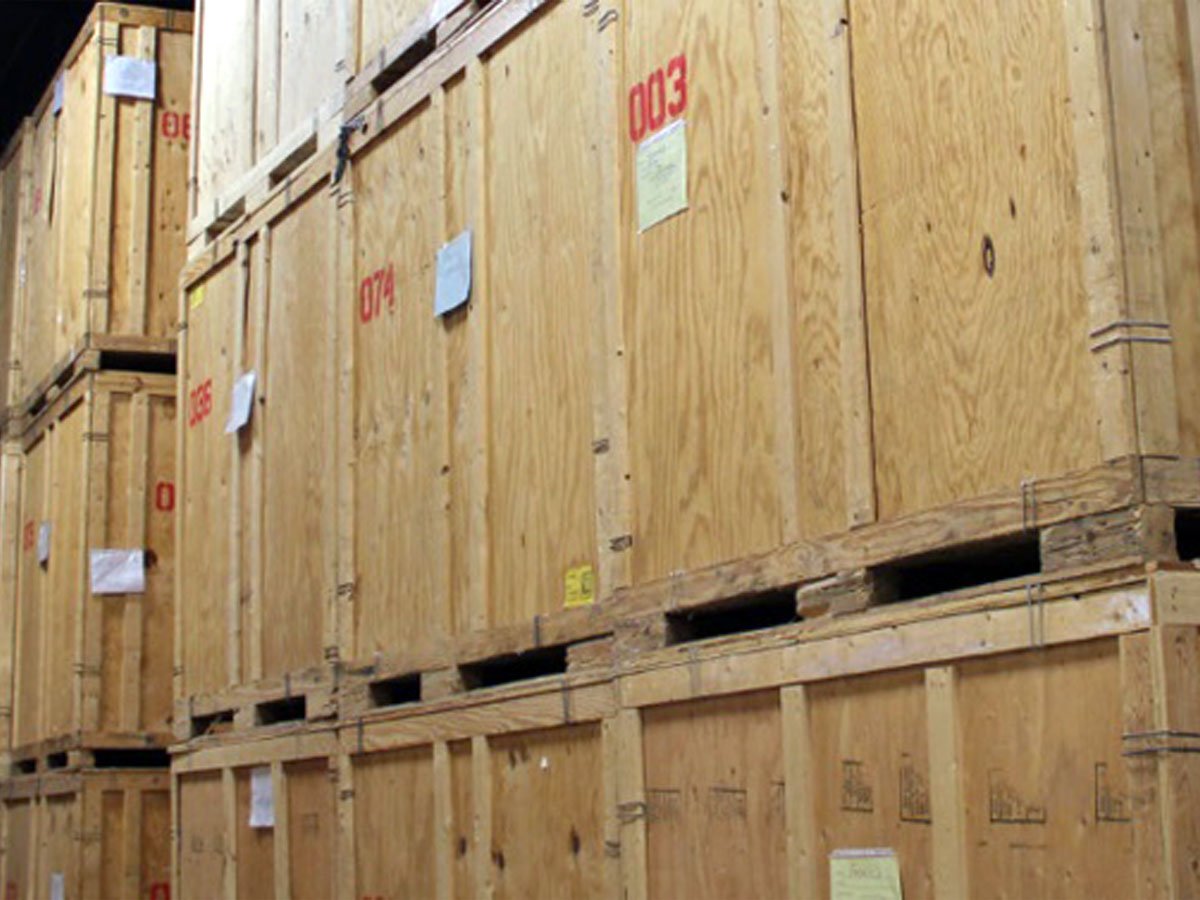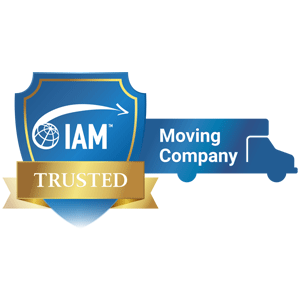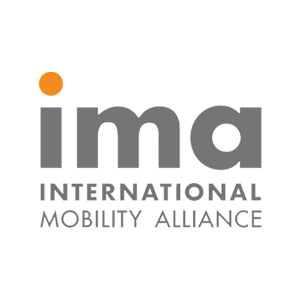
Understanding and Dealing With Culture Shock
After Moving Abroad
Are you about to relocate to a new country because of work? In most cases, this is a great change. You get a host of new professional and social opportunities. But while that may be true – dealing with culture shock is something you’ll have to go through. People often underestimate this process, especially if they’re moving to a seemingly similar country to their own. But as you’ll soon realize, even moving to Los Angeles from Manila will mean making some adjustments, let alone moving to another side of the world. Don’t worry, though – we’re here to help with some useful advice!
The Beginning of Dealing With Culture Shock
So, once you make all the plans for your international relocation, choose your movers carefully, and find decent housing – you can finally complete your relocation to a new country. But as we’ve mentioned above, your move isn’t really finished even once you’re there. There will be an adjustment period you have to go through, while you’re dealing with culture shock. And that process usually means going through a few phases.
Going Through the Phases
Once you complete your international relocation, you’ll start going through the four different stages of dealing with culture shock:
- The Honeymoon Stage: Imminently after your arrival, you will probably feel absolutely in love with your new surroundings. In this period, everything you encounter seems fresh and exciting. At this stage, you’re just getting to know the basics of the new country.
- The Challenge Stage: At this point, you start encountering the practical challenges of day-to-day life in an unfamiliar place. After all, you need to master the local transport system, the country’s currency, and a host of other things, all while performing admirably at your new job position.
- The Adjustment Stage: After you’ve spent a few months in a new place, you’ll slowly start adjusting to the differences in your new surroundings. In fact, the things that you found strange and unfamiliar at first will become completely normal and usual.
- The Acceptance Stage: Finally, after a sufficient amount of time, you’ll be completely comfortable with the country you’ve relocated to. Its customs and daily habits will be something that’s a basic part of your life as well.

Up until now, we’ve basically talked about your personal adjustment after the move. But remember – this isn’t a life decision you’ve made just for personal reasons. When you’re moving for a job, dealing with culture shock also means adapting to the way people conduct themselves in a business environment. And this can also vary wildly from country to country, even when there’s no language barrier to overcome.
For example, body language is incredibly important in business dealings. Some would say that it’s just as crucial as verbal communication. While Western cultures find maintaining eye contact is a sign of active participation in a conversation, some Eastern cultures actually view it as challenging someone’s viewpoint. These are all small things – but definitely, something to keep in mind as you navigate a new business environment.
Use the Honeymoon Stage to learn as much as you can
After the honeymoon phase of dealing with culture shock, you’ll probably experience some homesickness and nostalgia. And while that’s perfectly normal, utilize the natural curiosity that’ll hold you for a while, to get to know the communication customs in your new environment. Soak in the way people around you interact, in order to better conduct yourself in the workplace.
Also, it’s not just about getting the hang of the way people communicate. It’s also about making sure you’re not pushing any unwanted boundaries or doing something that the locals find unappealing in a corporate environment. For example, a person from an eastern country might look for the top places for families with kids in the US, and find work there. And they’ll be surprised at how much more individuality is valued there. On the other hand, someone moving from the UK to India will see that hierarchy and respect plays a far bigger role in their corporate environment. In each of those scenarios, knowing how to behave will make all the difference.
Play with the team dynamics during the Adjustment Stage
As you start to get more comfortable with life in the new country – feel free to make some adaptations in the work environment. After all, one of the beauties of a multi-cultural work environment is that everyone has something to bring to the table. With that in mind, if you’re a part of a larger team, feel free to let some of your own business culture seep into the way things are done. Make a few small suggestions at first, and see how your other coworkers feel about it. If you’re working for an international corporation, chances are that this melting pot of business cultures will turn out something useful.

The Acceptance Stage goes both ways
Around the time you become completely at ease at our new workplace and country, you’ll notice something. That sort of acceptance should go both ways – your new coworkers should be completely used to the idea of doing some things differently as well. This is important, as it brings a sense of tolerance towards diversity to the workplace. Sure, dealing with culture shock can be incredibly stressful, especially if you’re moving for a job.
But in the end, completing a successful transition will leave both you and your coworkers in a position much more inclined to accepting new cultures. And thus, new ideas in general. Which is the stuff truly great companies are made of.



























